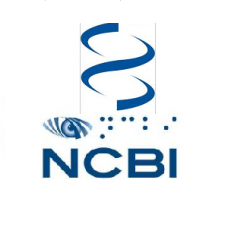Conclusion
In the fields of dentistry and medicine, knowledge and technical skills are not sole determinants of good practice. Active listening skills, gathering and communicating information effectively, handling patient emotions sensitively, demonstrating empathy, and awareness are also crucial aspects. In this study, it has been demonstrated that an experiential learning approach can be used to motivate students, influence their perception of the subject of communication, and provide opportunity for selfreflection and awareness. Thus, dental students should be given the opportunity to learn about, experiment with, and reflect on their communication strategies early on during their studies, so that they may be able to successfully communicate with patients later on.







